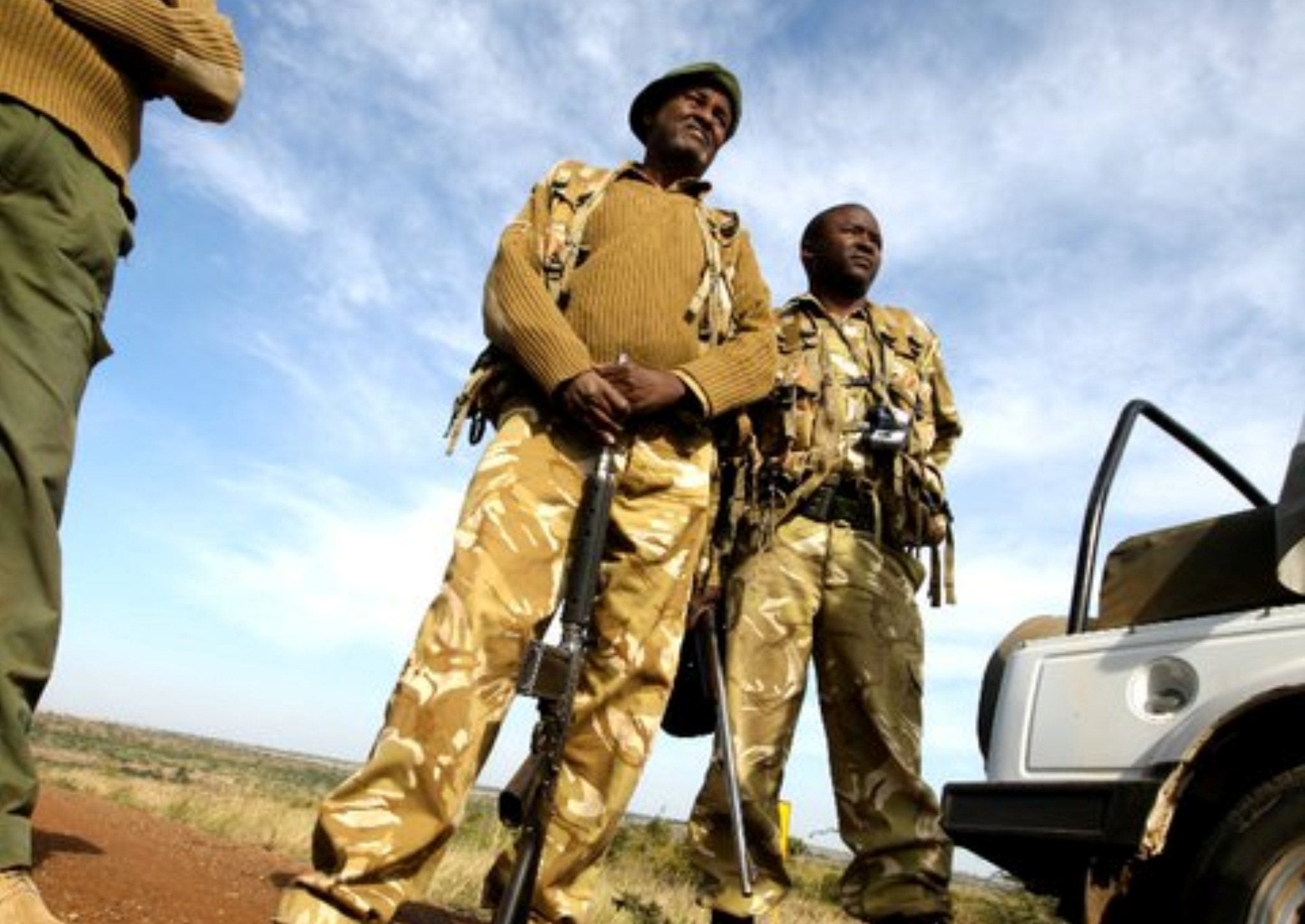Join our call for world leaders to stop the illegal killing of elephants
The rate at which Africa’s elephants are being illegally killed is so high that they could become extinct in the wild in our lifetime, reports Diana Vollmerhausen

Your support helps us to tell the story
From reproductive rights to climate change to Big Tech, The Independent is on the ground when the story is developing. Whether it's investigating the financials of Elon Musk's pro-Trump PAC or producing our latest documentary, 'The A Word', which shines a light on the American women fighting for reproductive rights, we know how important it is to parse out the facts from the messaging.
At such a critical moment in US history, we need reporters on the ground. Your donation allows us to keep sending journalists to speak to both sides of the story.
The Independent is trusted by Americans across the entire political spectrum. And unlike many other quality news outlets, we choose not to lock Americans out of our reporting and analysis with paywalls. We believe quality journalism should be available to everyone, paid for by those who can afford it.
Your support makes all the difference.Wildlife crime has grown into such a serious issue that it has become a part of the global struggle against organised crime and terrorism. Governments from around the world will meet in London next week for a special conference, chaired by David Cameron. Prince Charles, the president of WWF, and Prince William will also take part.
The summit has been called due to the mounting international concern surrounding the industrial scale of poaching, and how it has fuelled other crime worldwide. Soaring demand from Asia has fuelled the price of rhino horn and ivory, which can be more valuable by weight than gold.
The statistics about the horrific scale of poaching tell their own story. A hundred African elephants are being killed illegally every day, and record seizures of 41,674kg of ivory were reported for 2013 alone.
This is the story of one tragedy this year:
It was just before sunset, around 6pm on 27 January, that Charles Kinyua one of wildlife charity Space for Giants’ field officers, heard two gunshots. They came from the direction of Rumuruti Forest, in Kenya.
Within the hour, scouts from the Rumuruti and Nyahururu stations of the Kenya Wildlife Service entered the forest with eight armed rangers. They searched through the night. The mutilated carcass of the male elephant was not discovered until 6am the following day. The front of the elephant’s head had been crudely hacked off to remove the ivory, leaving a large, gory wound where his face had been.
Rangers at the scene estimate that the elephant was 15 to 20 years old, a young bull, and he should have had 30 to 40 years of life ahead of him.
Rumuruti Forest is a protected wildlife area, home to many elephants. Last year, there were at least five confirmed cases of poached elephants here. Safeguarding the wildlife is a daunting task; patrolling the dense bush of the 6,500-hectare forest is often beyond the capability of the authorities and charities.
Ann Githaiga, a project officer at Space for Giants who coordinates the field programme, said: “Cameras, tracking dogs and night-vision equipment for the night tracking, as in this incident, would go a long way in helping to fight poaching in this forest.”
The young bull killed at Rumuruti was just one from an unprecedented slaughter. Recent reports by the Convention on International Trade in Endangered Species suggest that up to 12 per cent of all of Africa’s elephants were illegally killed in 2011. If these rates continue, elephants could disappear from the wild altogether in our lifetime.
The Independent and Space for Giants’ elephant campaign calls on world leaders at the forthcoming conference to take urgent steps to end the alarming decline of Africa’s elephants.
Max Graham, the founder of Space for Giants says: “Through the support of Independent readers, Space for Giants is investing in a new rapid-response team.
“I am confident that in 2014, with the creation of this team, we will see a significant reduction in the poaching threat in this region."
“However, this ground support is also needed for the other 400,000 elephants that remain across Africa. I hope we see real financial commitment to ‘boots on the ground’ coming out of this conference.”
The Independent is asking readers to help stop the poaching crisis. Sign our petition to call on world leaders at the London Conference on the Illegal Wildlife Trade to stop the illegal killing of elephants once and for all.
The Independent’s appeal has raised more than £400,000 to protect elephants, but much more is needed.
Find out more about Space for Giants.
Join our commenting forum
Join thought-provoking conversations, follow other Independent readers and see their replies
Comments